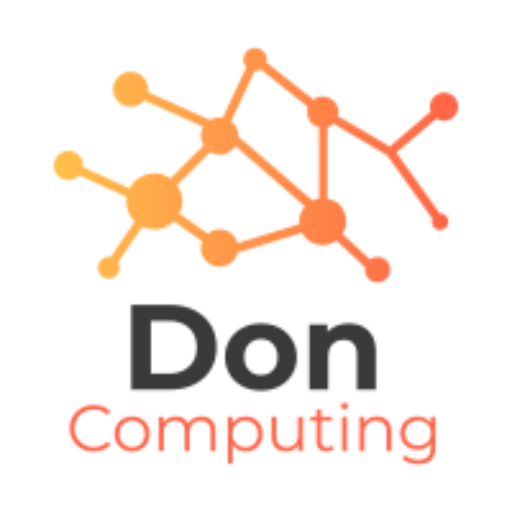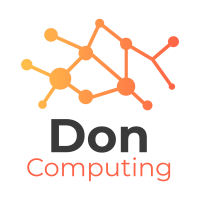industry
The application of automation in design and simulation within various industries has revolutionized efficiency and innovation. Automation tools streamline the process of creating detailed designs, allowing engineers to quickly iterate and optimize products. In the automotive industry, for instance, simulation automates crash testing and aerodynamics analysis, drastically reducing development time and enhancing safety features. Similarly, in manufacturing, automated design software integrates with production systems to tailor machinery layouts for optimized workflow and space utilization.
Additionally, in the architecture and construction sectors, automation facilitates the rapid simulation of structural integrity and environmental impact, enabling more sustainable building practices. Lastly, in electronics, automation supports the complex design of circuits and systems, enhancing precision while reducing errors and prototype costs.
Don computing’s strong capability in automation and design in engineering lies in its ability to optimize complex decision-making processes. By employing advanced algorithms based on Boolean logic, it streamlines the design of highly efficient and error-resistant digital circuits and systems. This technology enhances precision and reduces the time-to-market by automating tedious and error-prone tasks, thereby improving both productivity and reliability in engineering projects. As a result, engineers can focus on innovation and refinement, pushing the boundaries of technology further.
Logic Circuit Design: Boolean algebra underpins the design of logic circuits used in computers and digital systems. Simulation tools allow designers to model and validate complex logic gate configurations, ensuring correct functionality before hardware implementation.
Software Testing: Boolean expressions are crucial in defining software testing scenarios. They help automate test cases that confirm the logic in decision-making code branches, enhancing the reliability and robustness of software applications.
Digital Signal Processing: Boolean operations are fundamental in digital signal processing algorithms that manipulate data in forms like audio and video signals. Simulation in this domain helps in optimizing the algorithms for filtering, compression, and error detection before actual implementation.
Security Systems: Boolean logic is used to design and simulate the decision-making processes in security systems, including access control systems and intrusion detection systems. Simulations ensure that logical sequences are correctly executed for optimal security.
Network Routing Algorithms: Boolean algebra facilitates the simulation of network routing algorithms where decisions are based on binary variables (e.g., packet types, source, and destination addresses). This helps in optimizing network traffic flow and enhancing routing efficiency.
Fault Diagnosis Systems: Simulations using Boolean logic enable the development of fault diagnosis systems in industrial automation. By simulating various failure scenarios, systems can be designed to automatically respond to faults based on predefined logical conditions.
Automated Decision Support: Boolean form simulation supports the development of automated decision support systems, especially in environments requiring a binary decision process, such as pass/fail quality assessments or diagnostic systems in healthcare.
Database Query Optimization: Boolean logic plays a crucial role in the optimization of database queries. Simulating different query conditions using Boolean forms helps in structuring efficient database management operations, reducing processing time and improving data retrieval speeds.












